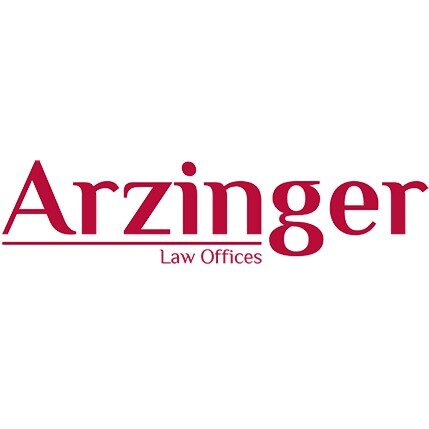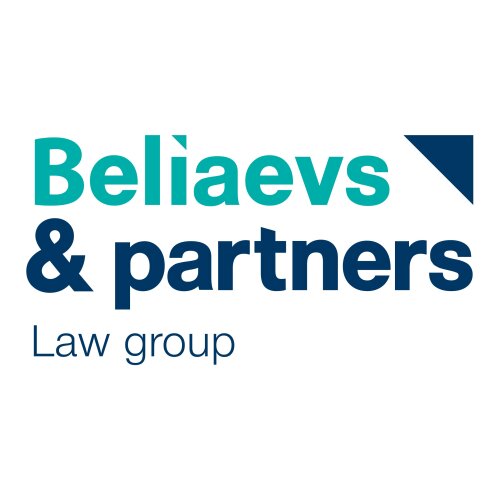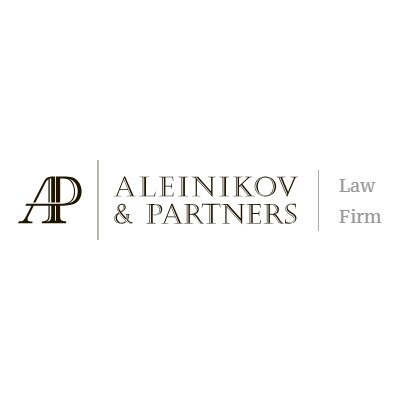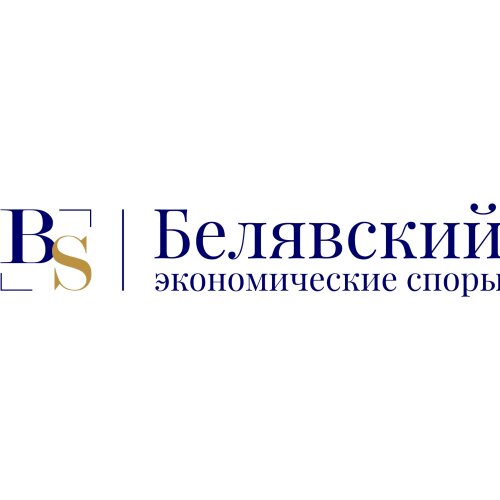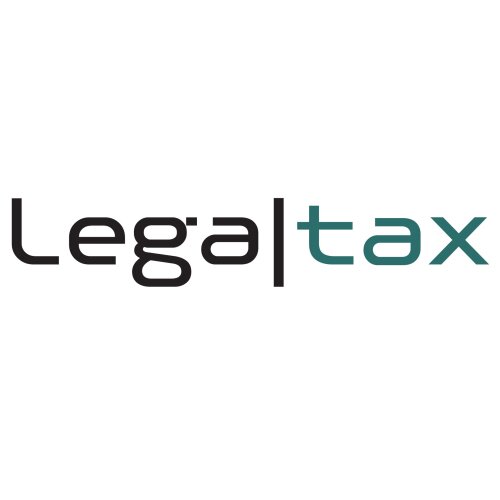Best Sanctions & Export Controls Lawyers in Minsk
Share your needs with us, get contacted by law firms.
Free. Takes 2 min.
List of the best lawyers in Minsk, Belarus
About Sanctions & Export Controls Law in Minsk, Belarus
Sanctions and export controls are legal regulations that restrict or manage the movement of goods, technologies, and services across borders, as well as economic transactions with specific individuals, companies, or countries. In Minsk, Belarus, these regulations are shaped by both national legislation and international agreements. Due to the geopolitical situation, Belarus faces various sanctions imposed by other countries and organizations, particularly from the European Union, the United States, and their allies. Export controls are also rigorously enforced to monitor sensitive dual-use goods and prevent unauthorized transfers. Navigating these complexities requires a deep understanding of local and international laws.
Why You May Need a Lawyer
Legal assistance in sanctions and export controls is essential for individuals and companies involved in cross-border trade, logistics, finance, or technology exchange. Common reasons to seek a lawyer’s help include:
- Ensuring compliance with domestic and foreign sanctions regimes
- Understanding which goods, technologies, or services are controlled or restricted
- Responding to inquiries or investigations from authorities
- Applying for export licenses or permits
- Assessing potential risks when entering into international contracts
- Managing disputes or penalties related to breaches of sanctions or controls
- Protecting company reputation and avoiding unintended violations
- Conducting internal audits and training employees
A knowledgeable lawyer can help you minimize legal and business risks, avoid severe penalties, and facilitate smooth international operations.
Local Laws Overview
Sanctions and export controls in Minsk, Belarus are governed by a mix of domestic legislation and obligations under international treaties. Key legal frameworks include:
- Belarusian laws on foreign economic activities, which regulate the import and export of goods, technologies, and services
- Presidential decrees and government resolutions implementing import and export restrictions
- Laws concerning economic and financial measures in response to international sanctions
- Customs Code of the Republic of Belarus
- Provisions relating to dual-use goods and controlled substances
- Sanctions lists identifying individuals, companies, and entities subject to trade or financial restrictions
Belarus has also issued counter-sanctions in response to foreign measures, adding another layer of complexity. Exporters and importers must be vigilant in determining if their activities are affected by specific prohibitions or licensing requirements.
Frequently Asked Questions
What are sanctions in the context of Belarus?
Sanctions are restrictive measures imposed to influence national or international behavior. They may include asset freezes, trade embargoes, travel bans, and other restrictions targeting Belarusian persons, entities, or sectors.
What are export controls?
Export controls are legal restrictions on particular goods, technologies, software, or services leaving Belarus. They aim to prevent unauthorized distribution, especially of items that could be used for military or dual-use purposes.
Who enforces sanctions and export controls in Belarus?
Enforcement is carried out by government ministries, customs authorities, and financial institutions as directed by Belarusian law and presidential decrees.
What are the risks of violating sanctions and export controls?
Risks include hefty fines, criminal prosecution, business license suspension, asset seizure, and reputational damage.
How can I find out if a product is subject to export control?
You should check the national control lists, consult government agencies, and seek legal advice, as classification requires technical and legal expertise.
Are there any exceptions or licenses available?
Yes, you can apply for special licenses or permits from the relevant authorities if your transaction qualifies for an exception.
How do international sanctions impact businesses in Belarus?
International sanctions can restrict access to foreign markets, banking, technology transfers, and partnerships with entities on sanctioned lists.
What is a dual-use item?
A dual-use item is a good, technology, or software with both civilian and military applications, often subject to stricter controls.
Can I trade with companies in the EU or US under sanctions?
This depends on the current sanctions regime, the nature of goods or services, and the parties involved. Legal guidance is essential.
What should I do if contacted by authorities regarding sanctions or export controls?
Seek immediate legal advice, cooperate with authorities as required, and prepare all relevant documentation as guided by your lawyer.
Additional Resources
If you require further information or assistance, consider the following resources in Belarus:
- Ministry of Foreign Affairs - For updates on foreign sanctions and national responses
- State Customs Committee - For guidance on export and import controls
- Ministry of Economy - For economic measures related to sanctions and trade
- Licensed law firms specializing in international trade and economic law
- Chamber of Commerce and Industry of the Republic of Belarus - For support with international business operations
Utilizing these resources can help you stay informed and compliant with evolving regulations.
Next Steps
If you suspect your business or personal activities may be impacted by sanctions or export controls in Minsk, Belarus, consider taking the following actions:
- Consult a qualified lawyer who specializes in sanctions and export controls law
- Request a comprehensive review of your transactions and contracts
- Monitor updates from government authorities about legal changes
- Train your staff on compliance requirements
- Develop internal policies and procedures for ongoing compliance
Proactive legal support can protect your interests and ensure that you stay on the right side of complex and evolving laws affecting international trade.
Lawzana helps you find the best lawyers and law firms in Minsk through a curated and pre-screened list of qualified legal professionals. Our platform offers rankings and detailed profiles of attorneys and law firms, allowing you to compare based on practice areas, including Sanctions & Export Controls, experience, and client feedback.
Each profile includes a description of the firm's areas of practice, client reviews, team members and partners, year of establishment, spoken languages, office locations, contact information, social media presence, and any published articles or resources. Most firms on our platform speak English and are experienced in both local and international legal matters.
Get a quote from top-rated law firms in Minsk, Belarus — quickly, securely, and without unnecessary hassle.
Disclaimer:
The information provided on this page is for general informational purposes only and does not constitute legal advice. While we strive to ensure the accuracy and relevance of the content, legal information may change over time, and interpretations of the law can vary. You should always consult with a qualified legal professional for advice specific to your situation.
We disclaim all liability for actions taken or not taken based on the content of this page. If you believe any information is incorrect or outdated, please contact us, and we will review and update it where appropriate.



